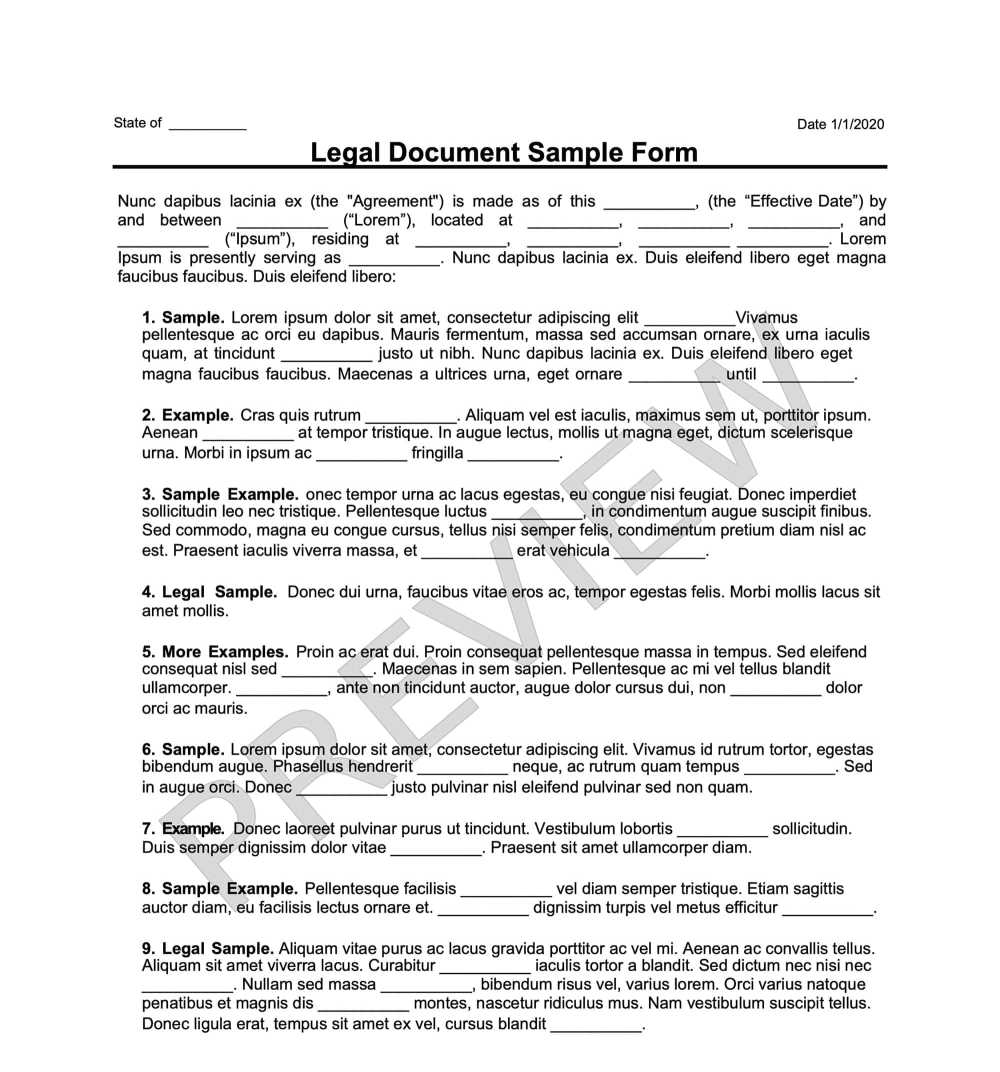Consent to Sublease
The sublease consent is written evidence that the landlord has agreed to the terms of the sublease. It defines the relationships between the lease and sublease, and the lessor and subtenant. Although the sublessee will assume some responsibilities, the tenant will remain liable under the original lease.


Frequently Asked Questions
As a tenant, you need legal consent because your lease agreement likely forbids subletting. As to why you might want to sublet, it could be for profit or cost-sharing purposes. It could be because the landlord would not let you out of the original lease agreement, which is particularly likely with long-running commercial leases. Subletting may be the only way for you to continue to meet the terms of the lease agreement.
The term "tenant" is the party opposite the landlord in a lease agreement. An occupant is anyone with a presence in the rental property. A tenant can be an occupant, but an occupant is not necessarily a tenant.
Getting a Consent to Sublease from the landlord is the first order of business. In terms of subtenant selection, it is not any different than you putting yourself in the shoes of the landlord. The main difference is that, in this case, the landlord is covered either way. As the original tenant who holds the master lease, you are responsible for the rent and property damage if your subtenant turns out to be a deadbeat.
Unlike a Sublease Agreement, an Assignment of Lease Agreement transfers all rights and responsibilities of the original lease agreement to the new tenant, unless otherwise specified. With the assignment, the new tenant assumes the lease in its entirety, discharging the original tenant of all responsibilities. The assignment is always for the whole property, while a sublease can be in whole or in part.
It is up to the arrangement that the tenant has with the subtenant. Whatever happens, the landlord wants to be paid and will likely make this a condition for granting the consent. If you, as the original tenant, don't want the landlord's consent rescinded, you will want to arrange things as best you can, including getting the subtenant to pay the landlord directly if it is the best approach.
Generally, a sublease consent does not need to be notarized – the signatures alone make it legally enforceable. An impartial witness may be helpful in the event the signatures on the agreement are ever challenged, but a notary is not necessary.
Please Note: The use of a notary ensures that no one challenges any signatures later and is a secure way to firmly establish the effectiveness of your document.




